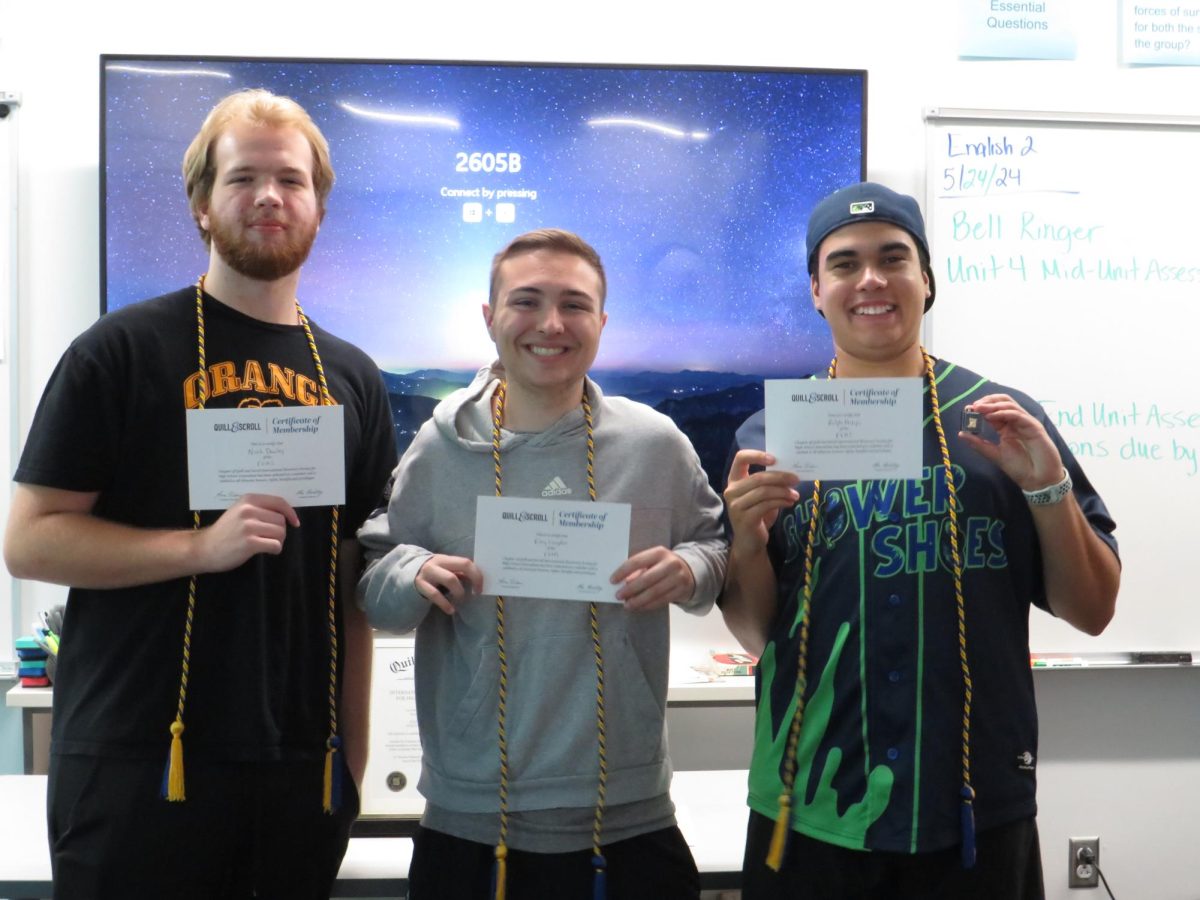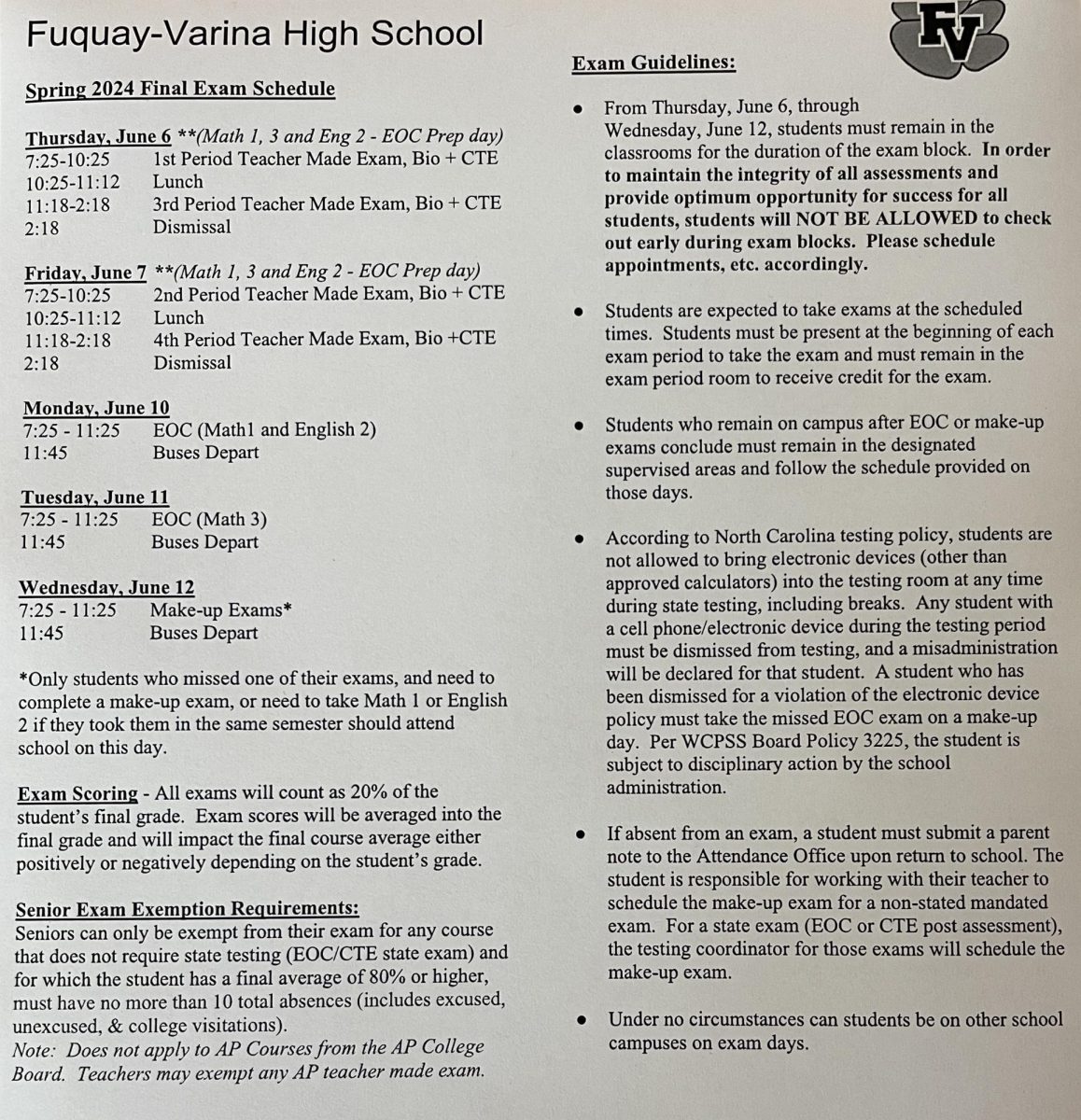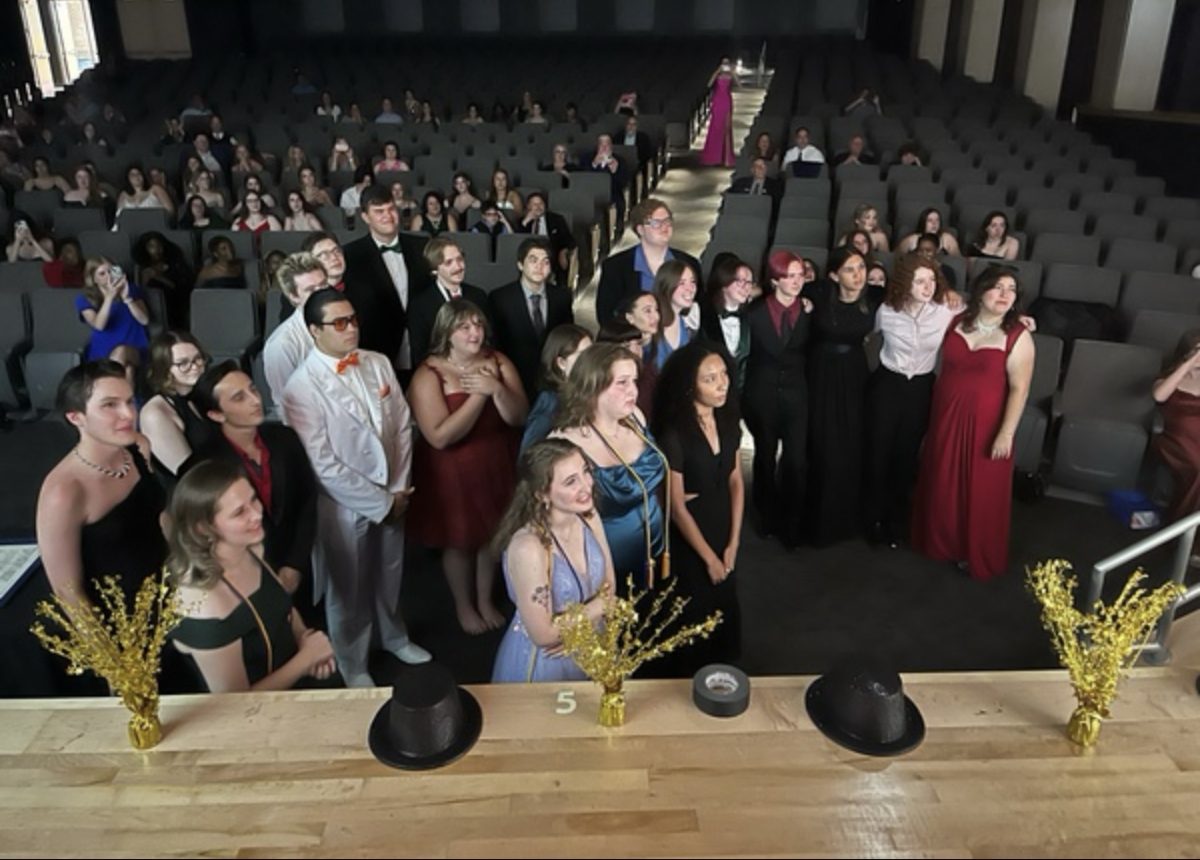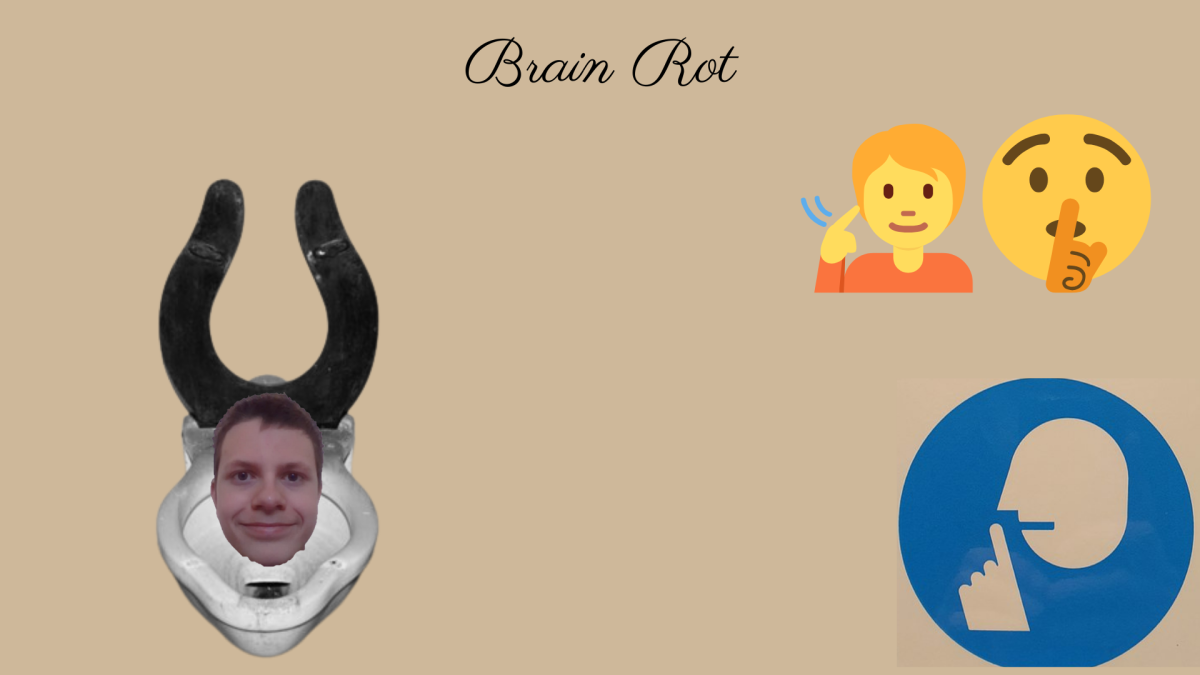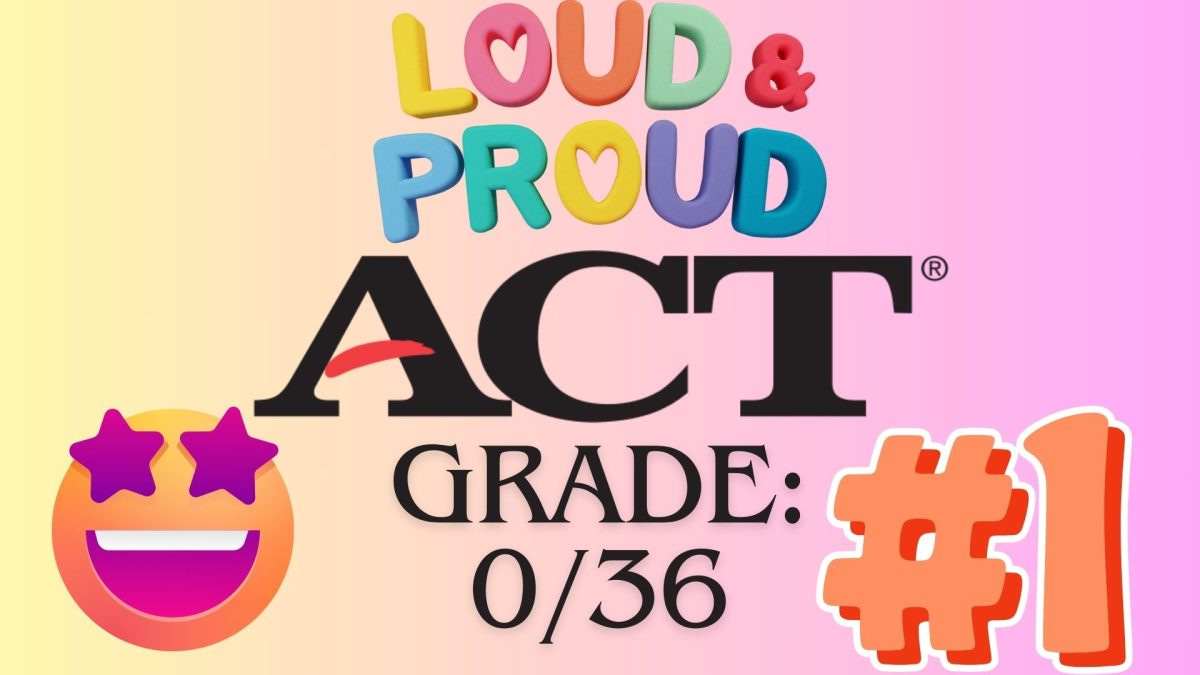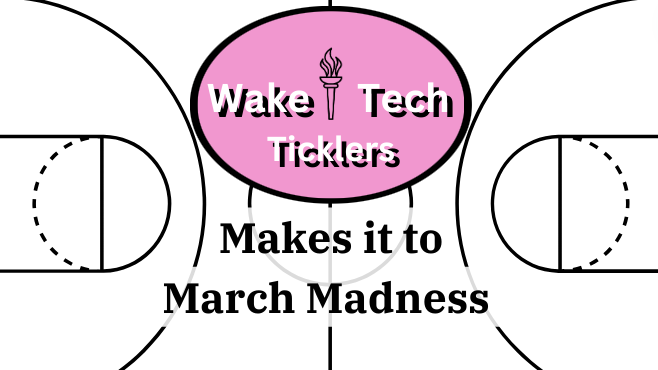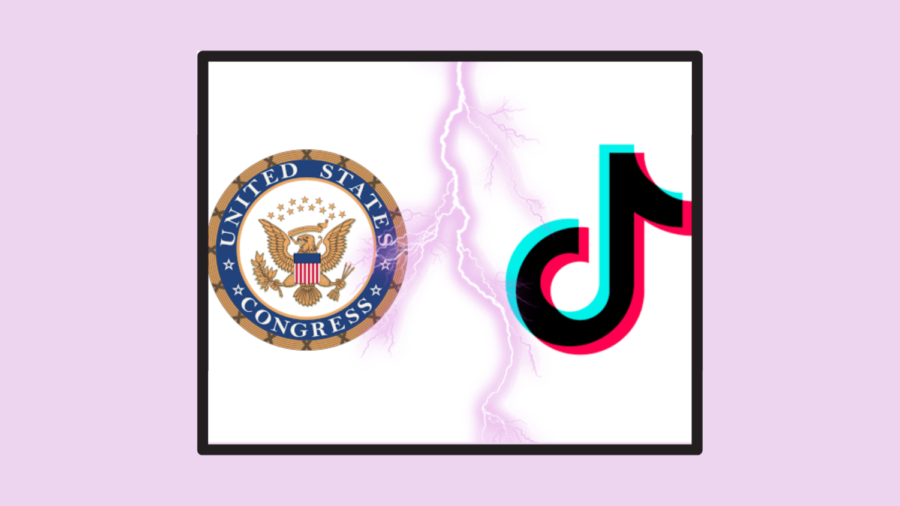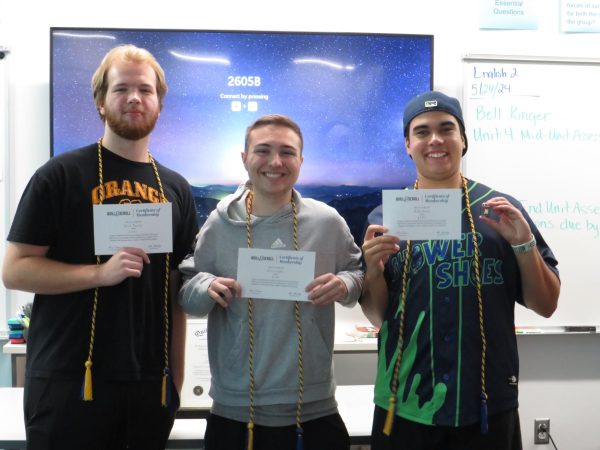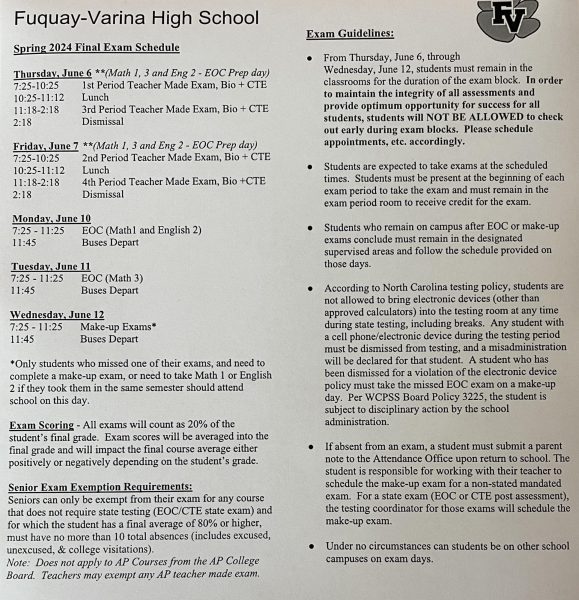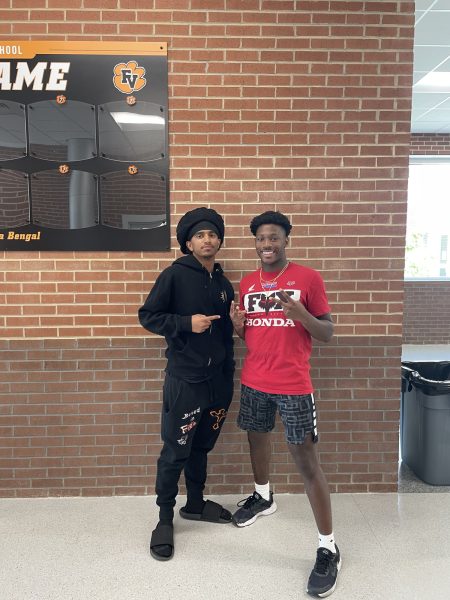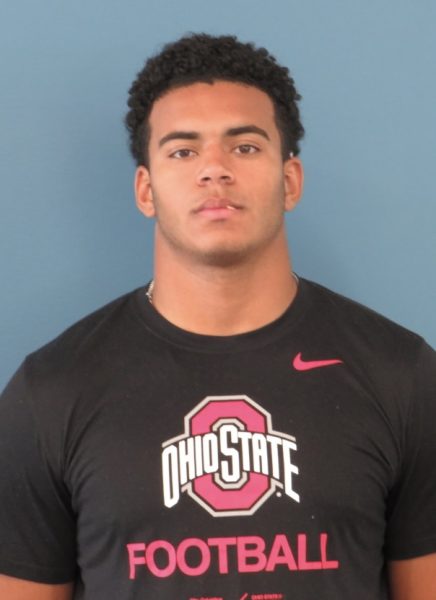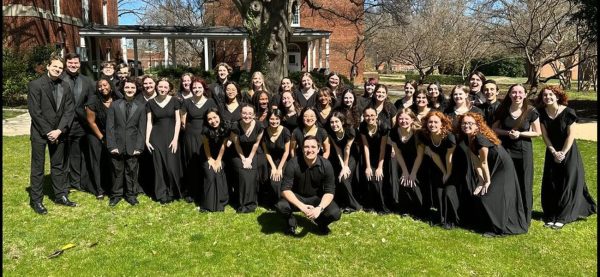Tik Tok congress review
Many government organizations across the globe have banned TikTok from their devices due to security concerns, and Congress is debating whether to ban the app entirely. The concern is whether the company ByteDance, TikTok’s parent company, is capable of sharing user data with the Chinese government. The United States Congress has begun its own research into the platform and its potential hazard to American security.
TikTok’s CEO, Shou Chew, appeared before the United States Congress in late March defending the app against claims of spying for the Chinese government. Some of North Carolina’s Congressmen were included in the attempts to show flaws and questionable activity by Chew and his platform.
Being one of the most trafficked social media platforms amongst teenagers across the US, the potential ban on TikTok would affect many students at schools across the country, including our own student body at FVHS.
Many FVHS students have their own opinions on the potential for a ban. Junior Elayna Jennings is concerned about influencers since social media is their job.
“I don’t think they should ban TikTok because a lot of people’s social media is their main income, and the most popular one is TikTok,” Jennings said.
Others are more focused on the government’s concern about data stealing.
“I feel like it doesn’t matter because everyone would find a way to steal whatever data another way,” said senior Jonathan Schindler.
Senior Fabian Lira, looks at the issue from his analytical perspective.
“The way I look at it is that if China was really spying on people, they would have had enough information to use already. TikTok has been a thing for seven years. And if they were trying to use it in a malicious way, they would have done it already,” Lira said.
Junior Nathan Starler does not believe that Chew was given a fair hearing, regardless of his opinions on the app.
“I don’t think the interview was fair because the house didn’t do their research or know what they were talking about. They constantly shut him down and didn’t let him talk. But I still think TikTok is only good in moderation,” said Starler.
Overall, the hearing brought to light issues with TikTok, but it also reeled younger people into politics and introduced them to who is representing them in Congress. Being one of the most used social media apps by teens today, taking away this platform would most likely cause a rift between the younger generation and the politicians who would be responsible for the ban.
Your donation will support the student journalists of Fuquay-Varina High School. Your contribution will allow us to purchase equipment and cover our annual website hosting costs.

